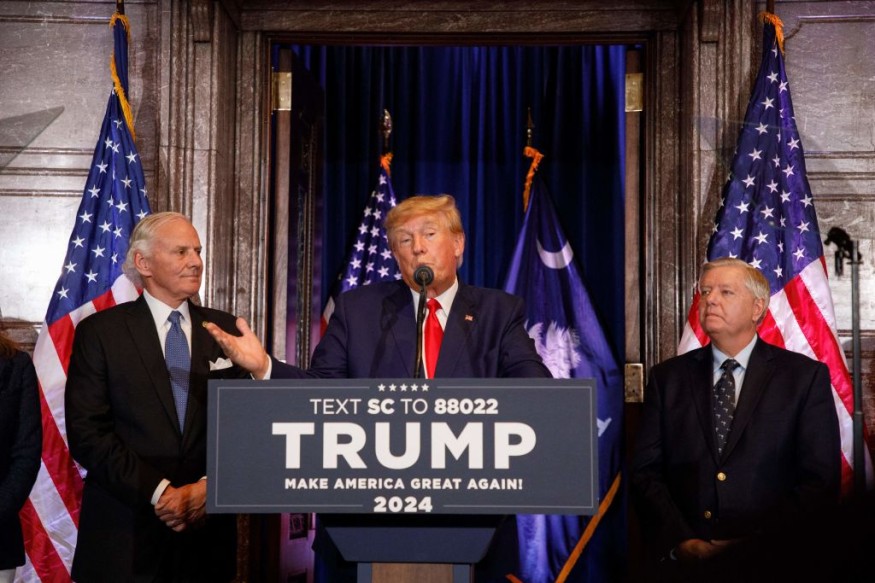Donald Trump Paid Research to Prove Election Fraud Claims but Disproves Them Instead - Sources

Donald Trump's election fraud claims have been repeatedly debunked in various court cases and fact checks. However, a new report has found that the Trump campaign tried to commission a third party to prove those claims, only for that same research to disprove them further.
According to the Washington Post, the Trump campaign paid researchers from Berkeley Research Group to investigate and study the 2020 election results in six states.
The researchers were tasked to look for alleged fraud and irregularities and release the findings to the public. These studies include looking into voter machine malfunctions, instances of dead people voting, and any evidence that could show that Donald Trump won the 2020 presidential elections.
However, despite the promise that the results would be made public, the Trump campaign never presented any of them to the public or in court.
The research involved about a dozen people at the firm working on trying and proving Trump's election fraud claims, including econometricians, who use statistics to model and predict outcomes. They conducted their work in the final weeks of 2020 and before the January 6 Capitol insurrection even happened.
What the Donald Trump-backed Research Actually Found
A source familiar with the research told the Washington Post, "They looked at everything: change of addresses, illegal immigrants, ballot harvesting, people voting twice, machines being tampered with, ballots that were sent to vacant addresses that were returned and voted."
This means that the researchers tried to find anything that could back Trump's claims, including the more conspiratorial ones such as the "Dead Voter" theory. However, the findings were not what the Trump campaign hoped for.
According to CNN, the researchers did believe that there were voting anomalies and unusual data patterns in a few states. However, they found that these voting anomalies were not significant enough to have an impact on who eventually won the 2020 presidential elections.
The research findings also contradicted some of what Trump has been railing about, including the theory about dead people voting, as well as rigged voting machines. The team also tried to test at least a dozen hypotheses that the Trump campaign wanted to find out about, but none of the findings were significant enough. It did find some errors, omissions, and irregularities, but nowhere close to what Trump wanted to prove.
Berkeley Research Group Briefed Donald Trump and Mark Meadows on Their Findings
It seems that Trump also knew what the results actually were, as Senior officials from Berkeley Research Group briefed the former president, as well as then-chief of staff Mark Meadows and a few others back in December. However, Meadows showed skepticism about the group's findings and maintained that Trump won.
According to Business Insider, despite the research his own campaign funded debunking his claims, Trump has continued stating that he won and that there was widespread voter fraud. He has not backed these claims with actual evidence.
This article is owned by Latin Post.
Written by: Rick Martin
WATCH: Georgia officials debunk Donald Trump's election fraud claim: 'The numbers don't lie' - Guardian News
Subscribe to Latin Post!
Sign up for our free newsletter for the Latest coverage!

















